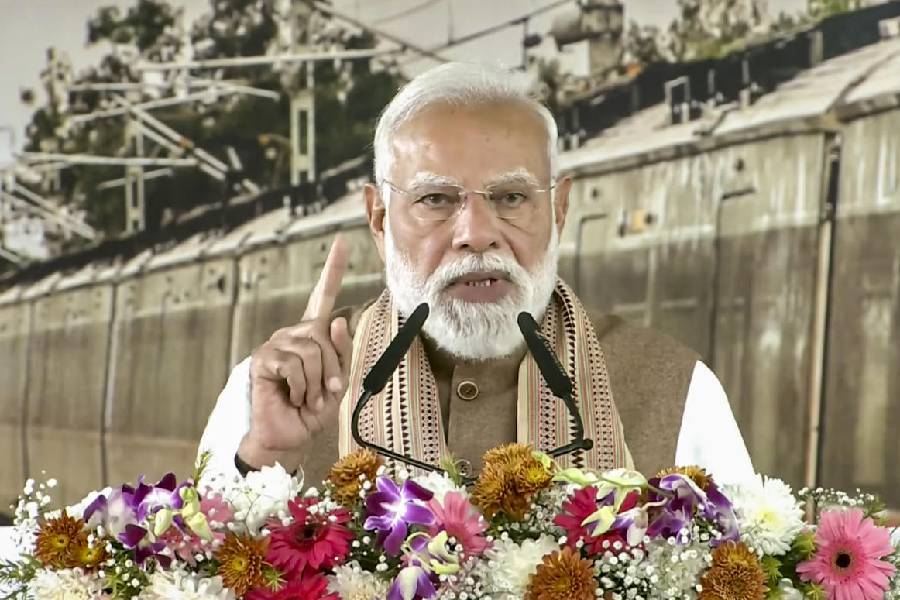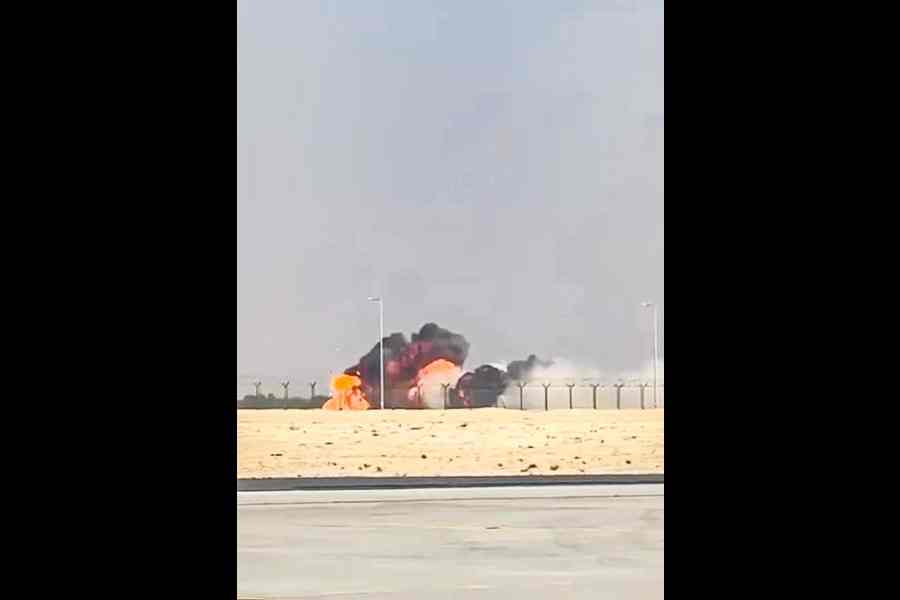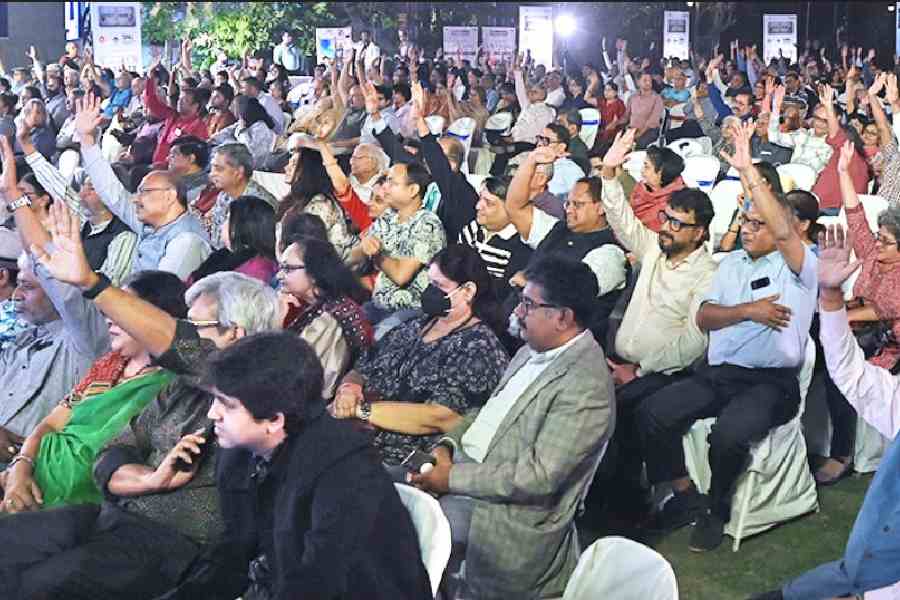Two men from Bengal, who had been driving autos in Gurgaon to earn a living, returned home traumatised after being detained by police. Until a month ago, they lived with their families in a slum in Chakkarpur, Sector 28, struggling but managing to survive.
On July 20, both were picked up during a police raid on their colony. Despite producing Aadhaar cards and other documents, they were taken away in a police vehicle and allegedly held at a detention centre in Sector 31 for 48 hours. They were released early on July 23.
Now back in their villages in North Dinajpur, they are shaken and uncertain about their future.
“My forefathers are buried in this land, yet I was called a Bangladeshi,” said one of them, a 56-year-old from Kapasia village, in Raiganj’s Itahar block. “The cops accused me of getting a fake Aadhaar card made for ₹100. I have seen poverty, but never such humiliation.”
According to him, over 100 people were packed into a community centre-turned-detention camp. “Anyone who protested was insulted, threatened, even slapped and shoved,” said the man. “I stayed quiet, fearing for my family.”
The man lived in Gurgaon for 15 years with his wife, 11-year-old daughter, and twin daughters aged four. The family returned to Bengal on July 27. He has since obtained a “clearance certificate” from Raiganj police confirming no criminal record, but is too afraid to return.
“We were forced to flee. My auto is still there. My daughters studied there. Everything has come to a standstill. But I cannot summon the courage to go back,” he said.
The second man, a 45-year-old from Malanchi village in the same block, also alleged that the police slapped him multiple times.
Both men possess Aadhaar cards, voter IDs, ration cards, and driving licences.
This newspaper is withholding their names for their safety. Hundreds of others have reportedly returned to Itahar from Delhi’s outskirts over the past month.
Gurugram Police spokesperson Sandeep Turan denied the allegations of physical assault. “There are no detention camps — only holding areas under CCTV surveillance,” he said. “For those without documents or with suspicious ones, we verified with their home districts. Once verified, we released them.”
He did not clarify what raised suspicion in these cases.
Many believe it’s because they speak Bengali.
On Monday, chief minister Mamata Banerjee urged 22 lakh migrant workers from Bengal working in other states to return and directed the administration to launch a scheme to offer them jobs and support.
Her appeal came amid rising reports of harassment and atrocities faced by Bengali-speaking migrant workers in BJP-ruled states.
But back home, livelihood options are scarce.
“There is no work here. The (Aman) rice has already been sown. I’m staying with my parents and somehow keeping the kitchen fire burning. But for how long? I’ll have to go back eventually,” said the man from Malanchi.
He returned on Thursday and is also arranging a police clearance certificate. His ailing wife had already returned earlier for treatment. “The situation there is still tense. I’m waiting for things to calm down before I go back,” he said.
In Chakkarpur, he paid ₹4,000 rent and ₹1,000 for electricity and parking space for the auto. He earned about ₹20,000 a month.
Nadeem Khan, secretary of the Association for Protection of Civil Rights, which works with migrant workers in Delhi-NCR and multiple other states, said: “A war has been declared on the Bengali language. Around 2 lakh Bengali working-class people live in Gurgaon. Many are being illegally detained and tortured by the police almost daily.”










